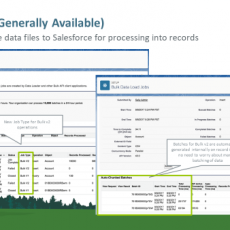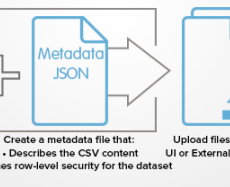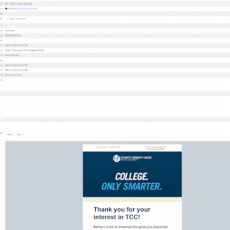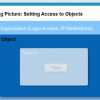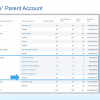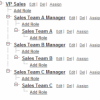Student behavior is changing the way higher ed does business. With unlimited access to digital information, an evolving student population, and high expectations for customized content and on-demand customer service, the old linear enrollment funnel no longer works for college students.
Tidewater Community College is streamlining the student experience and empowering self-service within Communities by leveraging a self-implemented Knowledge Base as a Single Source of Truth for college-wide information. The journey starts with TCC’s new website, which uses intelligent systems to put students front-and-center and relies on content to quickly segment and deploy targeted communications.
TCC’s Knowledge Base, or Help Center, translates the language of higher education into the language of our students and offers helpful interventions to streamline the student experience. The Help Center also props up a responsive and immersive virtual service center that serves as the foundation of the college’s Live Chat system. Chat uses personalized nudges, guided conversations, and on-demand answers to help prospective students ‘round the clock – engaging students with on-demand content while contextualizing what students want to know. Einstein Analytics generate chat search results and inform ongoing Knowledge Base content audits that ensure the information is as accurate and user-friendly as possible.
And prospects are never left to wonder where they stand in the funnel. A well-structured strategy engages them with multiple touchpoints that leverage automated workflows to serve your customer where, when, and how they prefer. Your customer will always need help, but how you choose to help them with responsive staffing and multi-channel support can make all the difference.
This session presents a new way to create a strategic enrollment plan based on what your audience needs rather than how you want them to function and highlights how small changes can have a big impact on the entire student lifecycle from marketing to enrollment and service to retention.
It’s service – only smarter. Here are the key takeaways from my presentation.
-
- Before implementing Knowledge, you should have a firm grasp of your information architecture. The best content in the world is useless if your user cannot find it or navigate your hierarchy.
- A knowledgebase should serve as a centralized source of processes and information for your entire college or university. By working to standardize your language and template design across departments and campuses during implementation you can save time and a huge headache later going back to adjust. It’s also important to note that articles should be evergreen, so avoid language that will quickly become dated or information that is not perennial (those articles will have to be archived later)!
- There are a variety of ways you can measure your success in Knowledge – whether through web traffic to your site, article feedback (positive or negative), or case submissions. At Tidewater Community College, we were able to link the launch of our Help Center directly to a 21% decrease in web cases year-over-year (despite going remote for COVID), a huge win for our virtual student support staff.
View the full presentation at: https://youtu.be/sRp4F3ERADg!
Please subscribe
Subscribe to our mailing list and get tips to maximize salesforce to your email inbox.
I am honored to have your subscription. Stay tuned for tips to maximize your salesforce investment
Something went wrong.

